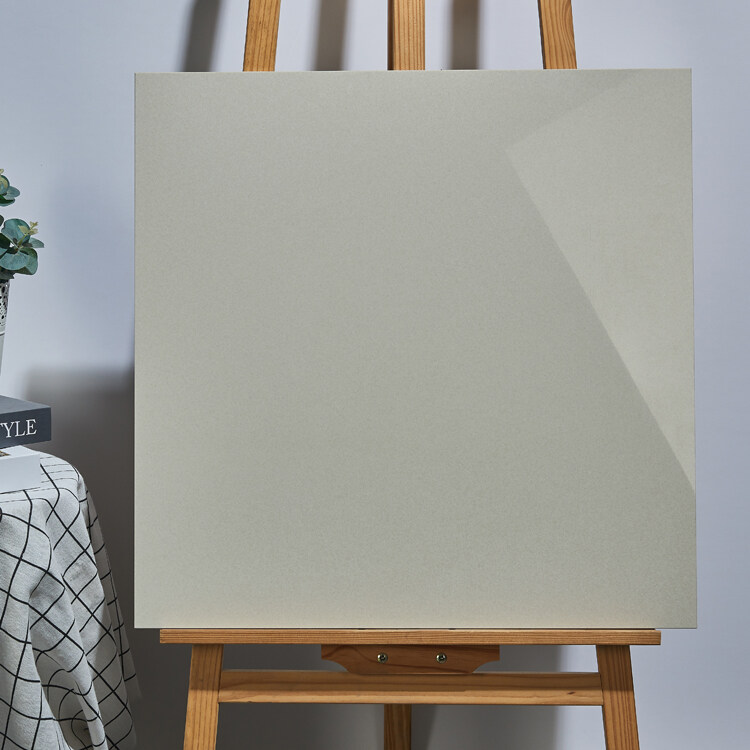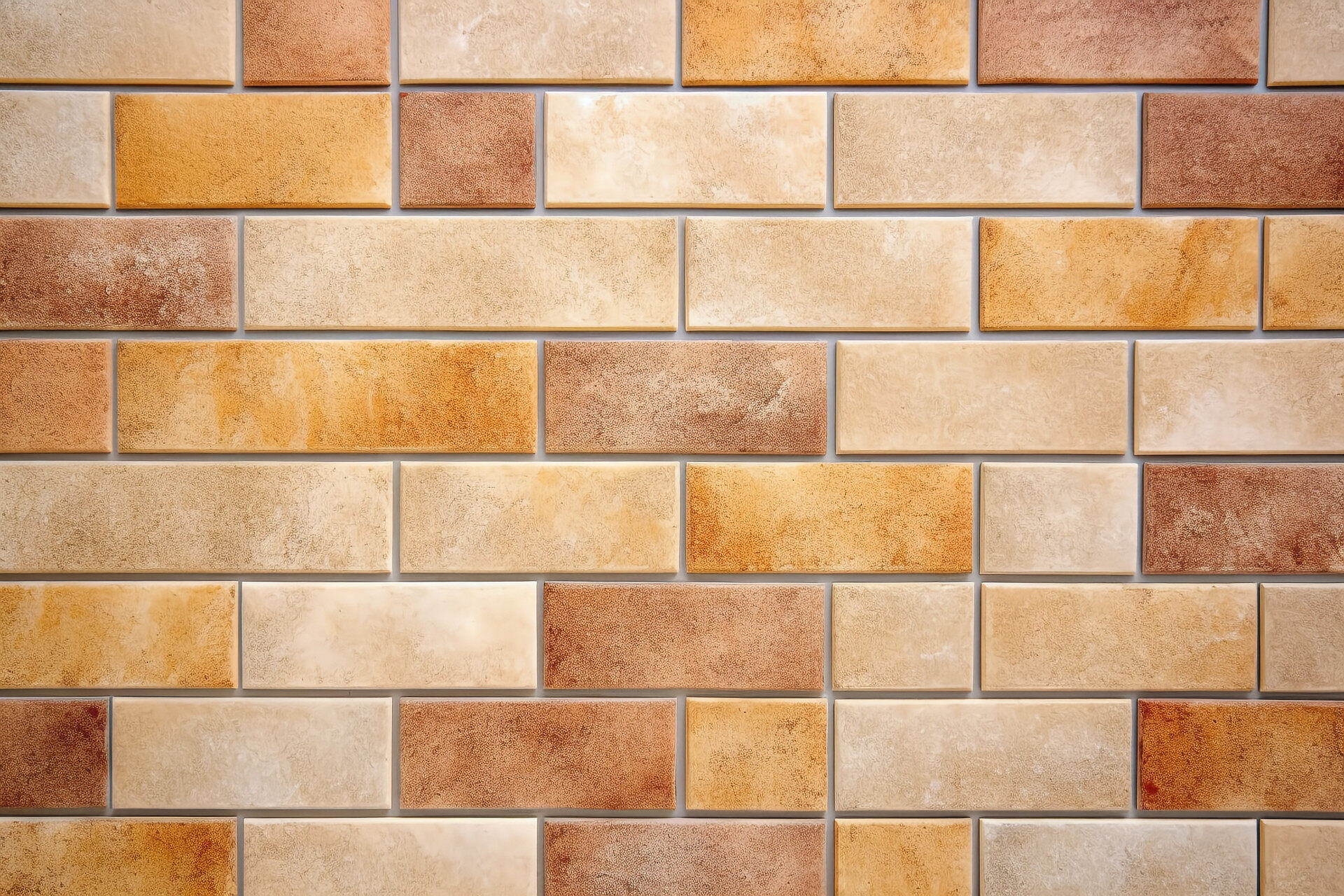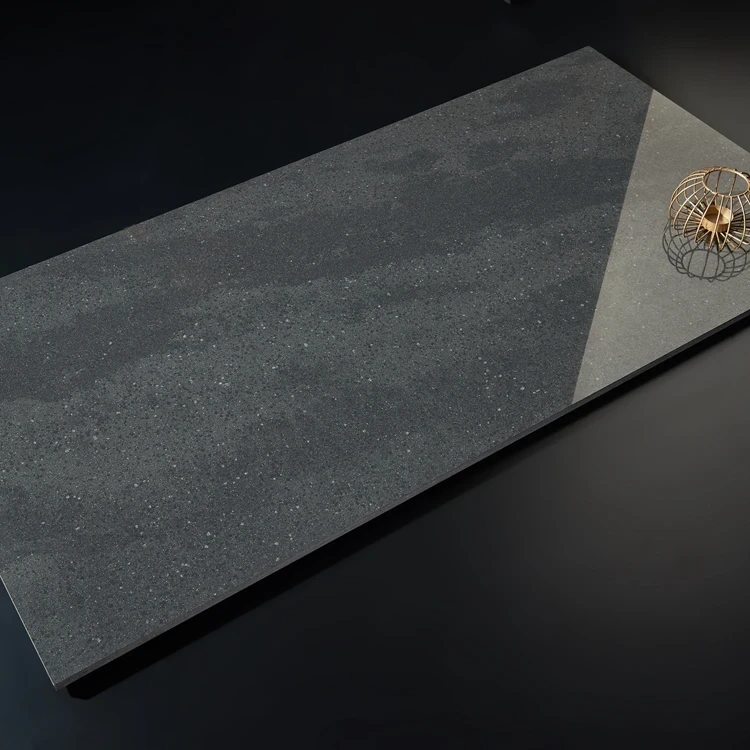Cleaning and Maintaining Unglazed Porcelain Tile Floors: Tips and Techniques
Unglazed porcelain tile floors are a popular choice for homeowners due to their durability, resistance to stains, and low maintenance requirements. However, like any type of flooring, they still require regular cleaning to keep them looking their best. In this article, we will explore the best practices for cleaning and maintaining unglazed porcelain tile floors, ensuring they remain beautiful and functional for years to come.
Understanding Unglazed Porcelain Tile Floors:
Unglazed porcelain tiles are made from a dense and durable material that does not have a protective glaze layer on the surface. This makes them more resistant to scratches and wear, but also more susceptible to staining and dirt buildup. It is important to note that unglazed porcelain tiles have a slightly rough texture, which can trap dirt and grime more easily than glazed tiles.
Regular Cleaning Routine:
To maintain the cleanliness and appearance of your unglazed porcelain tile floors, it is essential to establish a regular cleaning routine. Here are some steps to follow:
Sweep or vacuum: Start by removing loose dirt, dust, and debris from the floor using a broom or vacuum cleaner with a soft brush attachment. This will prevent scratching the surface during the cleaning process.
Mop with warm water: Fill a bucket with warm water and use a mop or microfiber cloth to clean the floor. Avoid using excessive water, as it can seep into the porous surface of the tiles and cause damage. If necessary, wring out the mop or cloth thoroughly before cleaning.
Use a mild detergent: For tougher stains or dirt buildup, you can add a small amount of mild detergent to the warm water. Make sure to choose a detergent specifically formulated for unglazed porcelain tiles. Avoid using harsh chemicals or abrasive cleaners, as they can damage the surface of the tiles.
Scrub gently: If there are stubborn stains or grime, you can use a soft-bristle brush or non-abrasive scrub pad to gently scrub the affected areas. Be careful not to apply too much pressure, as it can scratch the surface of the tiles.
Rinse thoroughly: After cleaning, rinse the floor with clean water to remove any residue from the detergent. Again, make sure not to use excessive water, as it can penetrate the tiles and cause damage.
Dry the floor: Use a clean, dry mop or cloth to remove any excess water from the floor. This will prevent water spots and ensure a streak-free finish.
Dealing with Tough Stains:
In some cases, unglazed porcelain tile floors may develop tough stains that are difficult to remove with regular cleaning methods. Here are some additional tips for dealing with specific types of stains:
Grease or oil stains: Absorb the excess grease or oil with a paper towel or cloth, then apply a poultice made from a mixture of baking soda and water. Leave the poultice on the stain for several hours or overnight, then gently scrub and rinse.
Wine or coffee stains: Blot the stain immediately with a clean cloth or paper towel. Mix equal parts hydrogen peroxide and water, then apply the solution to the stain and let it sit for a few minutes. Gently scrub and rinse.
Rust stains: Use a commercial rust remover specifically designed for unglazed porcelain tiles. Follow the instructions on the product carefully, as different brands may have different application methods.
Preventing Damage and Maintaining Shine:
To prevent damage and maintain the shine of your unglazed porcelain tile floors, consider the following tips:
Use doormats: Place doormats at entryways to trap dirt and prevent it from being tracked onto the floor. This will reduce the amount of dirt and debris that can scratch the surface of the tiles.
Use protective pads: Place felt or rubber pads under furniture legs to prevent scratches and dents when moving or rearranging furniture.
Clean up spills promptly: Wipe up any spills or liquids immediately to prevent staining or seepage into the porous surface of the tiles.
Avoid abrasive materials: When cleaning, avoid using abrasive materials such as steel wool or harsh scrub brushes, as they can scratch the surface of the tiles.
Seal the tiles: Consider applying a penetrating sealer specifically designed for unglazed porcelain tiles. This will provide an additional layer of protection against stains and make cleaning easier.
Conclusion:
Cleaning and maintaining unglazed porcelain tile floors is essential to preserve their beauty and longevity. By following a regular cleaning routine and using the appropriate cleaning products, you can keep your floors looking their best. Remember to address tough stains promptly and take preventive measures to avoid damage. With proper care, your unglazed porcelain tile floors will continue to enhance the aesthetic appeal of your space for years to come.



